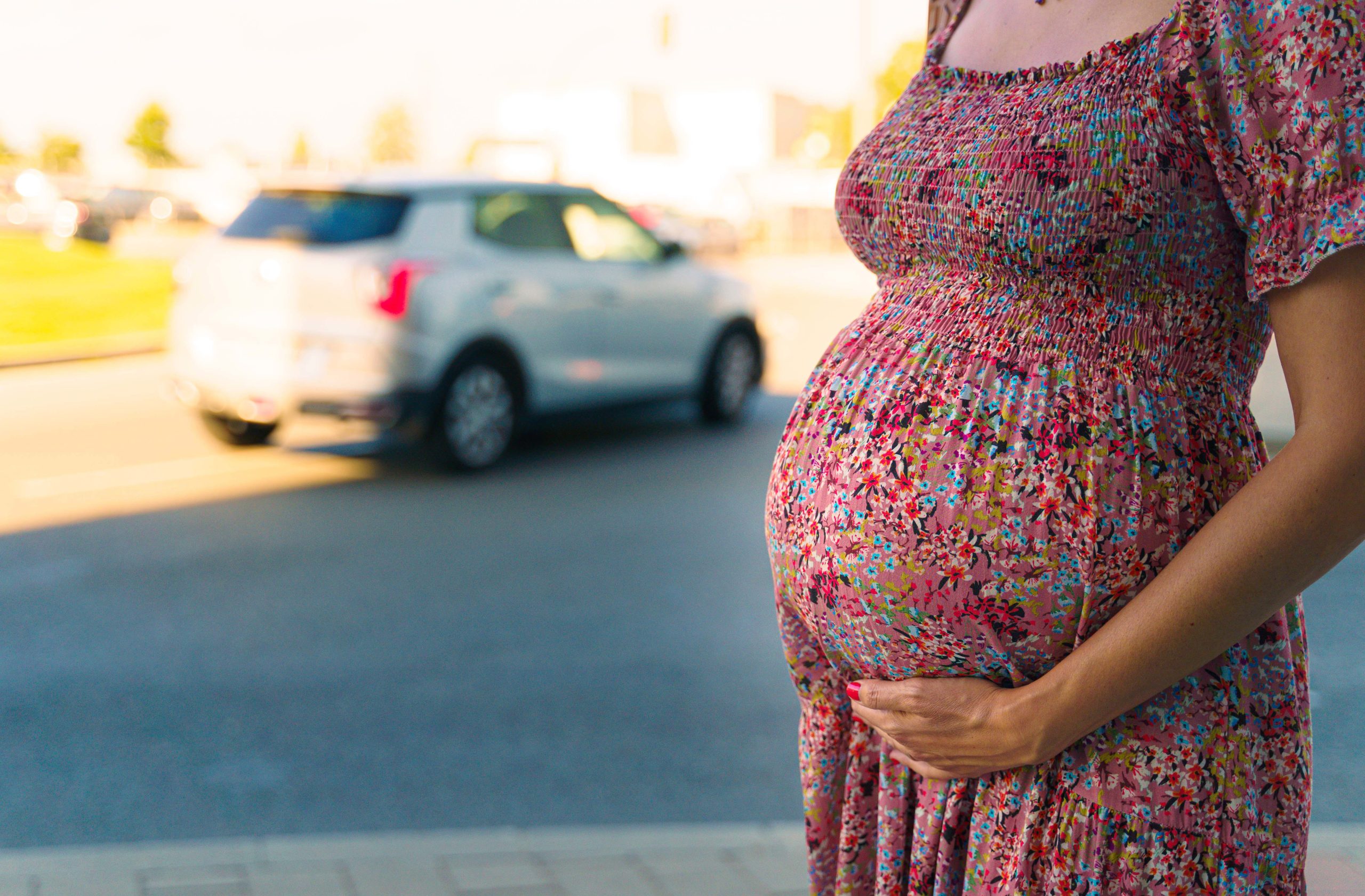
Children born to mothers who are obese both before and during their pregnancy have an increased risk of conditions including audism, a study has found.
New research from the University of South Australia discovered neuropsychiatric and behavioural conditions including autism spectrum disorder (ASD), and attention deficit hyperactivity disorder (ADHD) are increased if the mother is obese.
Lead researcher UniSA’s Dr Bereket Duko says the study provides new insights into the long-term impact of maternal body weight on child mental health.
READ MORE: Inside Diddy’s infamous White Parties, where the rich and powerful played
“Maternal obesity has long been associated with a range of adverse perinatal outcomes, including preterm birth, low birthweight, stillbirth, and it is also linked with macrosomia, or high birthweight,” Duko said.
“In this study, we examined maternal overweight and obesity before and during pregnancy, finding that both are significantly linked with psychiatric and behavioural problems in children later in life, specifically ASD, ADHD and peer relationship problems.
“Given the rising global obesity rates among women of reproductive age, and the growing numbers of children identified with neurodiverse conditions, it’s important that we acknowledge the potential long-term consequences of maternal adiposity on child mental health.”
READ MORE: Family shattered by ‘senseless’ stabbing of teen in Melbourne
Funded by Centre of Research Excellence Health in Preconception & Pregnancy and conducted in partnership with Curtin University, Monash University, SAHMRI and a team of national institutions, the review and analysis of more than 3.6 million mother-child pairs across 42 studies found obesity during pregnancy increases the risk of ADHD in children by 32 per cent, doubles the risk of developing ASD in children by 2.23 times increases the risk of conduct disorders by 16 per cent.
The study also found that maternal pre-conception obesity or overweight was linked with an increased risk of ADHD, ASD, conduct disorder and psychotic disorder as well as a 30 per cent increased risk in both externalising symptoms, and peer relationship problems.
READ MORE: Man who staked out Trump at golf course charged with attempting an assassination
In Australia, about one in 150 people have ASD with more than 8 per cent of children aged 4-11 diagnosed with ADHD.
Globally, one in eight people live with obesity.
Duko says the study’s results underscore the need for interventions targeting maternal weight management before and during pregnancy.
“Public health efforts that target improving maternal health could help mitigate some of the risks of neuropsychiatric and behavioural disorders in children,” Duko said.
FOLLOW US ON WHATSAPP HERE: Stay across all the latest in breaking news, celebrity and sport via our WhatsApp channel. No comments, no algorithm and nobody can see your private details.
links to content on ABC
9News





